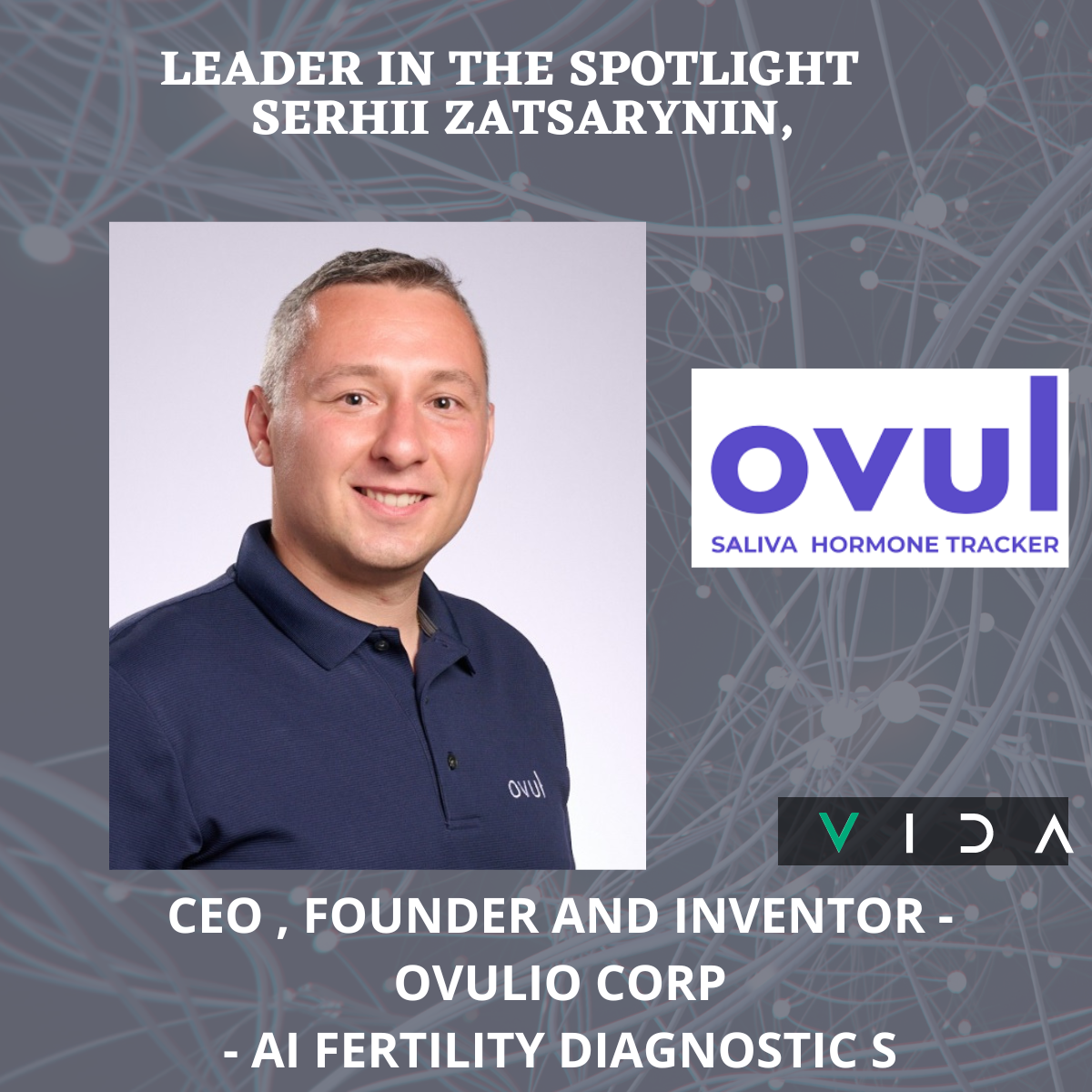
POSTED BY
Kate Gibson
Artificial intelligence (AI) is rapidly transforming various sectors, and healthcare is no exception. In the field of ophthalmology, AI has emerged as a powerful tool to enhance treatment and diagnosis, revolutionizing the way eye conditions are managed. With the ability to analyse large volumes of data quickly and accurately, AI systems are paving the way for more efficient and precise ophthalmic care.
In this article, we will explore how companies are leveraging AI to improve treatment and diagnosis in ophthalmology, leading to better patient outcomes.
Enhanced Screening and Early Detection
One of the significant benefits of AI in ophthalmology is its ability to facilitate early detection and screening of eye diseases. By analysing retinal images, AI algorithms can identify subtle changes and abnormalities that may indicate the presence of conditions, such as diabetic retinopathy, age-related macular degeneration (AMD), and glaucoma.
Companies are developing AI-powered systems that can accurately detect signs of eye diseases at an early stage, allowing for timely intervention and treatment. These systems have the potential to significantly reduce the risk of vision loss and improve patient outcomes by enabling earlier diagnosis and intervention.
Precision Diagnosis
AI algorithms have demonstrated remarkable accuracy in diagnosing various ophthalmic conditions. By leveraging machine learning techniques, AI systems can analyse complex datasets, including medical images, patient records, and genetic information, to make precise diagnoses.
For instance, deep learning algorithms can analyse optical coherence tomography (OCT) scans to detect and classify different retinal diseases, including macular degeneration and retinal detachment, with a high degree of accuracy. This enables ophthalmologists to make informed decisions about the appropriate treatment plans, leading to more targeted and effective care.
Treatment Planning and Personalized Medicine
AI is playing a pivotal role in developing personalized treatment plans for patients with eye conditions. By combining patient-specific data - including medical history, genetic information, and imaging results - AI algorithms can provide ophthalmologists with valuable insights to tailor treatment strategies.
Companies are developing AI systems that can predict disease progression and treatment response based on individual patient characteristics. This allows for personalized medicine approaches, optimizing treatment efficacy while minimizing adverse effects. Moreover, AI-powered systems can assist ophthalmologists in selecting the most suitable surgical techniques and implant options, leading to better surgical outcomes.
Teleophthalmology and Remote Monitoring
Teleophthalmology, the practice of providing eye care remotely, has gained significant momentum with the integration of AI. Remote monitoring using AI-powered devices enables ophthalmologists to track patients' eye health continuously, even from a distance.
With the help of AI algorithms, companies are developing portable devices that can capture retinal images and assess various parameters in real-time. These devices can detect changes in disease progression, monitor treatment response, and alert healthcare professionals in case of any significant deviations. Remote monitoring not only enhances patient convenience but also allows for proactive interventions and timely adjustments to treatment plans.
Conclusion
The integration of AI into ophthalmology has opened new avenues for improved treatment and diagnosis. By harnessing the power of AI algorithms, companies are enabling early detection of eye diseases, enhancing precision diagnosis, and developing personalized treatment strategies. AI also supports remote monitoring and teleophthalmology, making eye care more accessible and efficient.
While AI in ophthalmology shows great promise, it is crucial to ensure that these technologies are validated, regulated, and integrated seamlessly into clinical practice. Collaborations between healthcare professionals, researchers, and AI developers are essential to harness the full potential of AI and ensure its ethical and responsible implementation in ophthalmic care. With continued advancements, AI will undoubtedly play a transformative role in improving patient outcomes and revolutionizing the field of ophthalmology.
A few companies to note that are setting the pace for innovation in AI include:
Eyenuk: Eyenuk is focused on AI-based retinal screening for diabetic 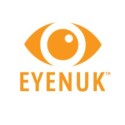 retinopathy. Their FDA-cleared software, EyeArt, uses deep learning algorithms to analyze retinal images and provide automated detection of diabetic retinopathy and macular edema. The system aims to improve access to early detection and intervention for diabetic eye disease.
retinopathy. Their FDA-cleared software, EyeArt, uses deep learning algorithms to analyze retinal images and provide automated detection of diabetic retinopathy and macular edema. The system aims to improve access to early detection and intervention for diabetic eye disease.
Optos: Optos specializes in widefield retinal imaging 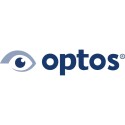 and offers devices that capture ultra-widefield images of the retina. Their systems employ AI algorithms to aid in the detection and monitoring of retinal diseases, including diabetic retinopathy, age-related macular degeneration, and retinopathy of prematurity.
and offers devices that capture ultra-widefield images of the retina. Their systems employ AI algorithms to aid in the detection and monitoring of retinal diseases, including diabetic retinopathy, age-related macular degeneration, and retinopathy of prematurity.
Visulytix: Visulytix is a company focused on AI-driven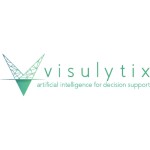 retinal image analysis. They have developed software that can automatically detect and quantify features related to diseases like diabetic retinopathy, glaucoma, and age-related macular degeneration. Their solutions aim to assist healthcare professionals in making timely and accurate diagnoses.
retinal image analysis. They have developed software that can automatically detect and quantify features related to diseases like diabetic retinopathy, glaucoma, and age-related macular degeneration. Their solutions aim to assist healthcare professionals in making timely and accurate diagnoses.
RetinAI Medical: RetinAI Medical offers AI-based 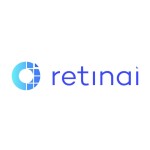 tools for the analysis of retinal imaging data. Their software enables the identification and tracking of various eye conditions, including macular degeneration and retinal vein occlusion. The platform can assist doctors in monitoring disease progression and evaluating treatment efficacy.
tools for the analysis of retinal imaging data. Their software enables the identification and tracking of various eye conditions, including macular degeneration and retinal vein occlusion. The platform can assist doctors in monitoring disease progression and evaluating treatment efficacy.
NovaSight: NovaSight specializes in vision 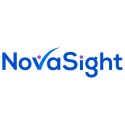 assessment and rehabilitation using AI. They have developed computer-based therapies that utilize adaptive algorithms to enhance visual capabilities in conditions like amblyopia (lazy eye) and strabismus. Their solutions are designed to provide personalized and engaging treatment for patients.
assessment and rehabilitation using AI. They have developed computer-based therapies that utilize adaptive algorithms to enhance visual capabilities in conditions like amblyopia (lazy eye) and strabismus. Their solutions are designed to provide personalized and engaging treatment for patients.
Remidio: Remidio focuses on  developing AI-enabled diagnostic tools for ophthalmology. They have created the "Fundus on Phone" device, which is a smartphone-based retinal imaging system that can capture high-quality fundus images. Their AI algorithms assist in the detection of diabetic retinopathy and other retinal conditions.
developing AI-enabled diagnostic tools for ophthalmology. They have created the "Fundus on Phone" device, which is a smartphone-based retinal imaging system that can capture high-quality fundus images. Their AI algorithms assist in the detection of diabetic retinopathy and other retinal conditions.
Altris AI: automates the selection of 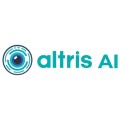 pathological OCT scans and the detection of 70+ pathologies and pathological signs. Altris AI was created by a team of retina experts supervised by the Ph.D. in Ophthalmology. Giving a superpower to colleagues by introducing AI for Ophthalmology and Optometry.
pathological OCT scans and the detection of 70+ pathologies and pathological signs. Altris AI was created by a team of retina experts supervised by the Ph.D. in Ophthalmology. Giving a superpower to colleagues by introducing AI for Ophthalmology and Optometry.
For ophthalmology, deep learning has shown clinically acceptable diagnostic performance in detecting many retinal diseases, in particular Diabetic Retinopathy and Retinopathy of prematurity. Future research is crucial in evaluating the clinical deployment and cost-effectiveness of different deep learning systems in the clinical practice. To improve clinical acceptance of deep learning systems, it is important to unravel the ‘black box’ nature of deep learning using existing and future methodologies. Although there are challenges ahead, DL will likely impact on the practice of medicine and ophthalmology in the coming decades.


